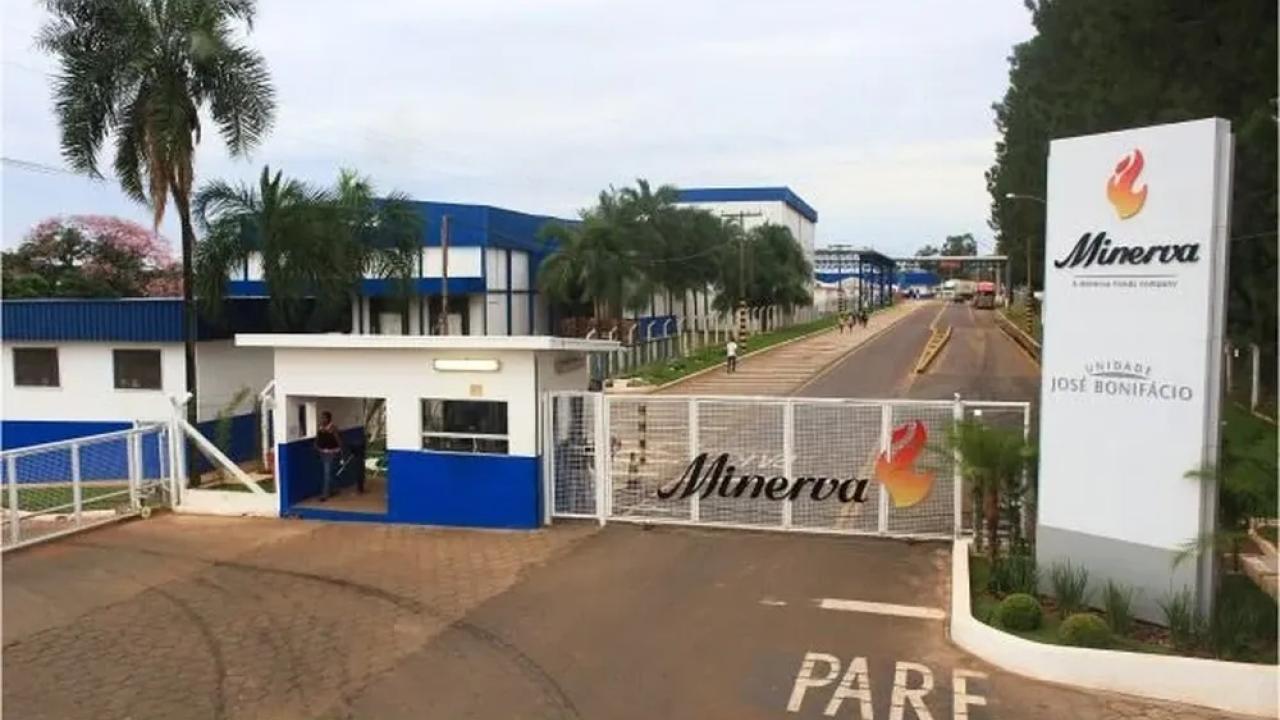
The Competition Commission denied the request for economic concentration for the second time and the decision can only be revoked by the Executive Branch.
Minerva Foods' expansion plan in Uruguay with the purchase of Marfrig meat processing plants received a new refusal from the Competition Defense Commission, which reiterated its objections to the economic concentration of the operation. Now, that decision can only be modified by the Executive Branch.
Last year, the Brazilian group Minerva announced its intention to acquire 100% of the shares of the meat packing plants Inaler, La Caballada and Colonia, owned by its competitor Marfrig.
The volume of the operation required that the Competition Defense Commission – a decentralized body of the Ministry of Economy – authorize the transaction.
In their application, the Brazilian companies argued that it was a horizontal concentration in which two relevant markets were identified. One was the purchase and sale of cattle on the hoof, including export; the other, the sale of beef in Uruguay. They also stated that there was a low level of concentration in these markets, in which the expansion of competitors was feasible.
The decision was announced on May 20 and was unfavorable to the interests of the companies.
The commission explained that the meat-processing sector had recently experienced increasing concentration, something that the operation would reinforce by being carried out between economic groups with several cattle slaughterhouses in Uruguay.
The Minerva Group owns Frigorífico Carrasco, Frigorífico Canelones, PUL and Breeders & Packers (BPU). Marfrig, in addition to the three plants included in the transaction, owns Frigorífico Tacuarembó.
The resolution indicated that the proposed operation would imply a substantial increase in Minerva's purchasing power in the cattle market and the limitation of Marfrig's ability to compete in that market.
He added that the transaction would increase the degree of market concentration, allowing Minerva to achieve a dominant position.
The Commission found that it was "clear and forceful that the transaction would lead to the creation of a dominant position and a highly concentrated market, in which only one company would have market power and the ability to limit, distort or substantially reduce competition, and there would also be barriers to the entry of new competitors."
With this argument and other considerations, the request for economic concentration submitted by the two companies was denied.
The resolution marked the beginning of a second stage. Law 15,869 on administrative appeals states that the parties involved may challenge the resolution with a request for revocation within 10 days of notification. It also states that a hierarchical appeal must be filed simultaneously.
Minerva and Marfrig decided to appeal and the matter returned to the commission for review. The law establishes a 150-day period for the resolution to be ratified or rectified.
On Friday, October 25, the Competition Commission issued a new resolution and confirmed the previous decision in all its terms.
According to Blasina y Asociados, the text states that if the operation is carried out, Minerva would obtain a dominant position in the market, with a 43.5% share, with the consequent purchasing power.
This would also reduce Marfrig's competitive capacity, which would not be compensated in any way. In addition, a highly concentrated market would be created with a dominant position for one company (Minerva).
The second refusal by the commission triggers the simultaneous appeal established by law and submitted to the Executive Branch. The stipulated period is 50 days.
If the government deems that the commission's actions were correct, everything remains the same and the request for economic concentration is rejected. But if it deems that it was incorrect, it has the power to revoke and authorize the purchase of refrigerators without any further review.
The decision of the Executive Branch will be known in mid-December.
An investment group in the two companies
A legal report by the commission that was taken into account in denying the purchase of the refrigerators pointed out the participation of an investment group in the Minerva and Marfrig businesses: the Saudi Agricultural and Livestock Investment Company (Salic).
The group started its investment activity in 2012 with global companies engaged in agriculture, cereals, rice and meat in Ukraine, Canada, India, Australia, Brazil and Singapore.
Salic owns 30.55% of Minerva's shares and also 10.7% of BRF, a Brazilian food group with a presence in 30 international markets.
At the end of 2023, Marfrig Global Foods increased its stake in BRF and acquired the majority stake by acquiring 50.06% of the shares.
The commission's technical report indicated that the shareholding structure "shows that the relationship between Minerva, Marfrig and BRF occurs primarily because Salic is an investor in both Minerva and BRF, the majority of which belongs to Marfrig."
So, that constituted an “element that can facilitate communication between companies and an incentive to soften competition between Minerva and Marfrig.”









